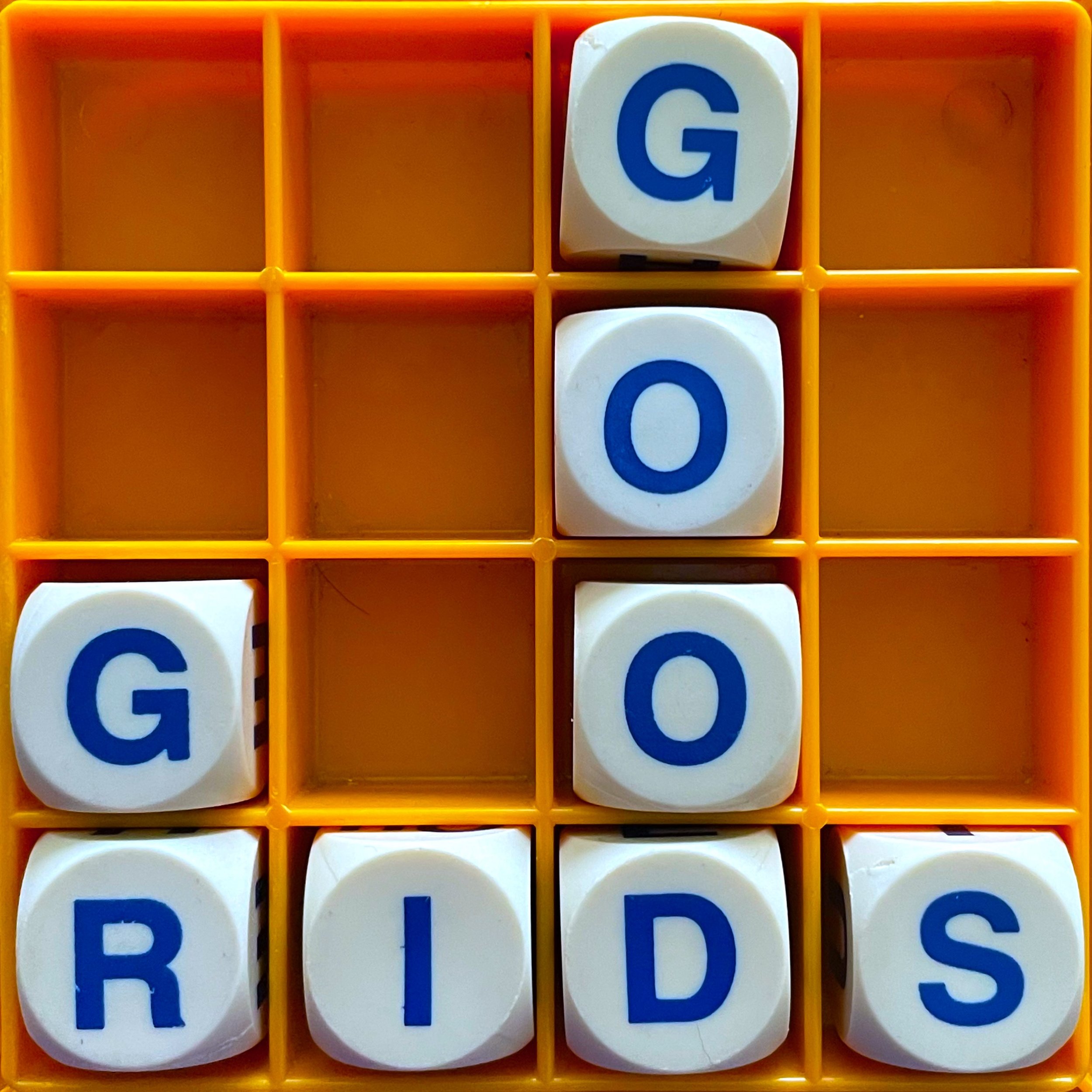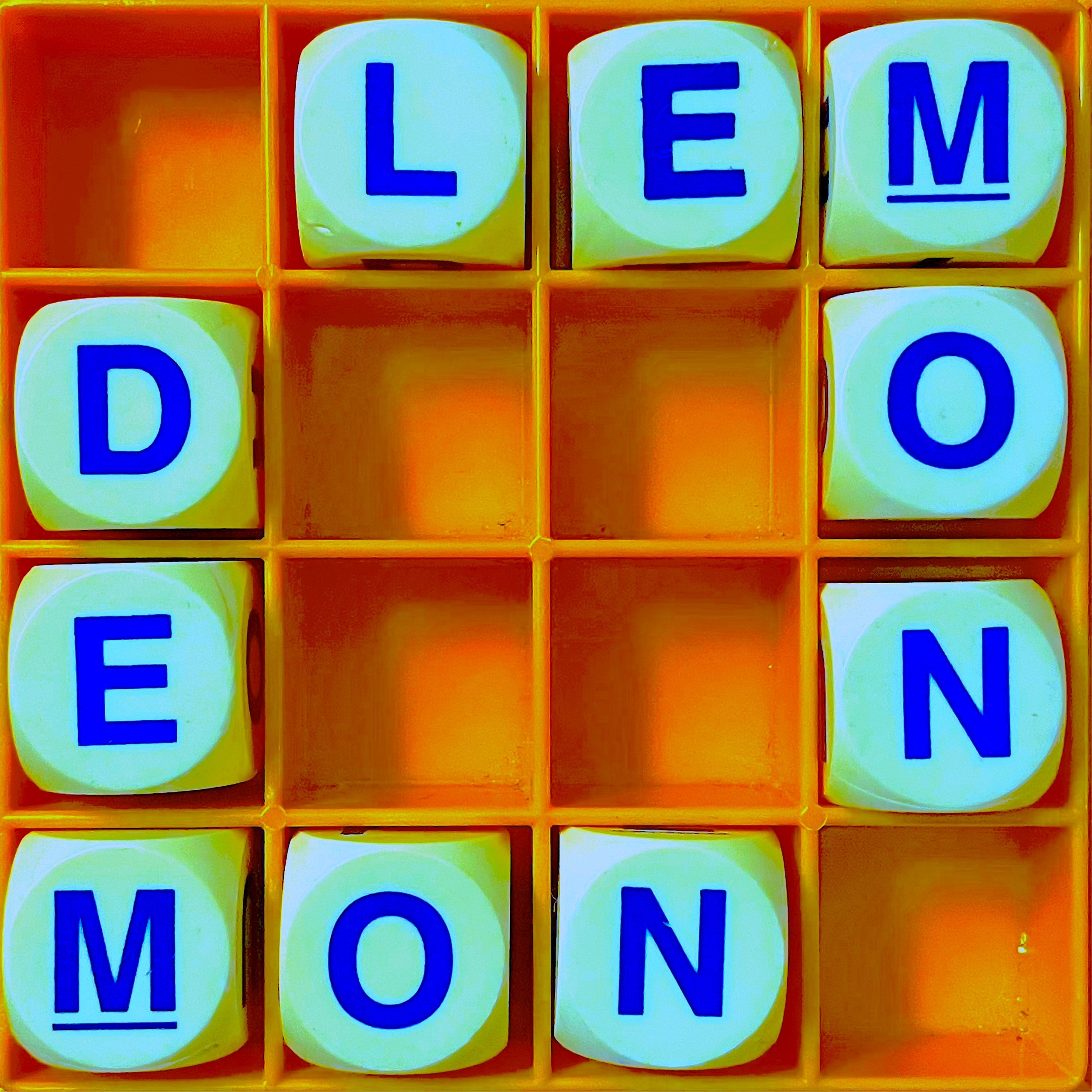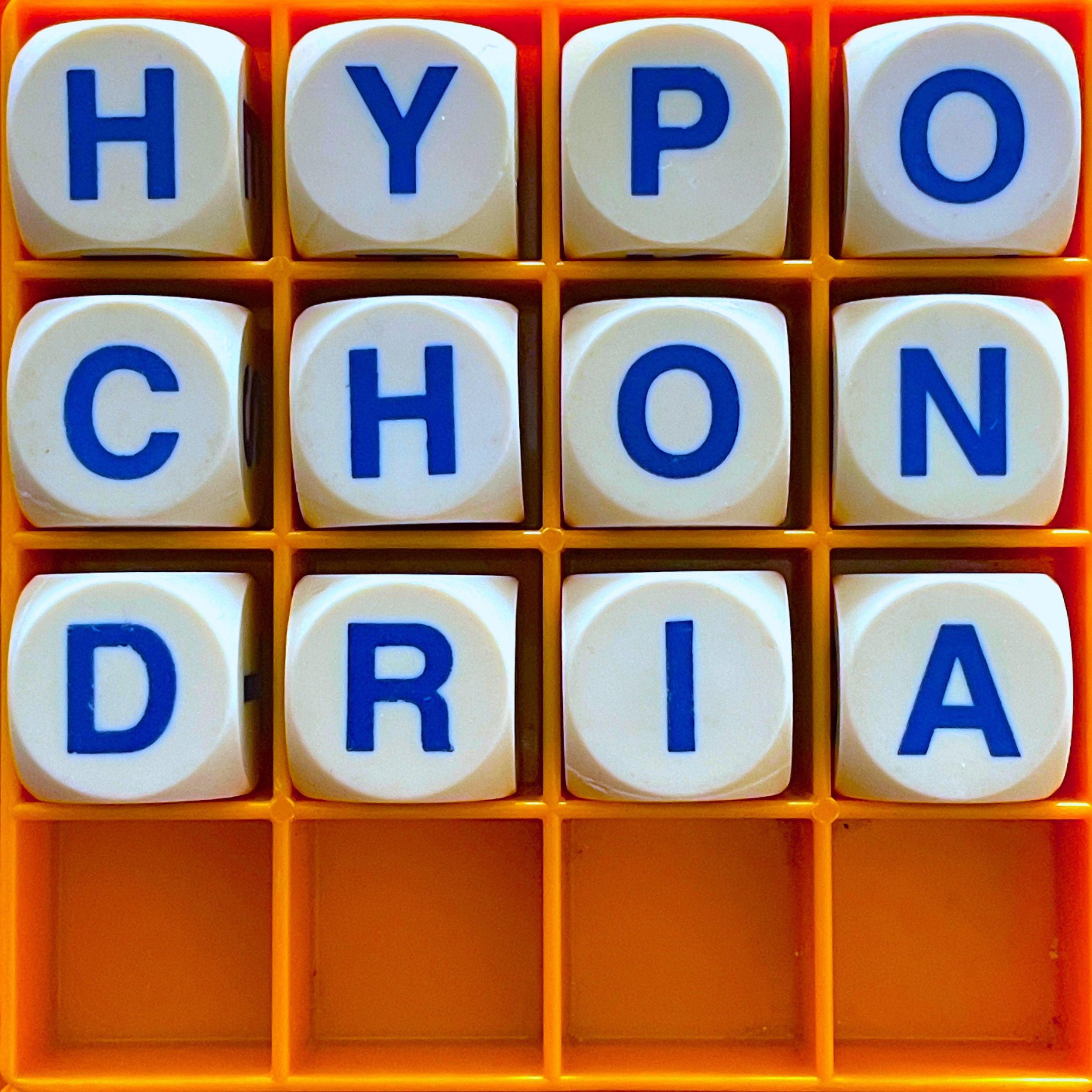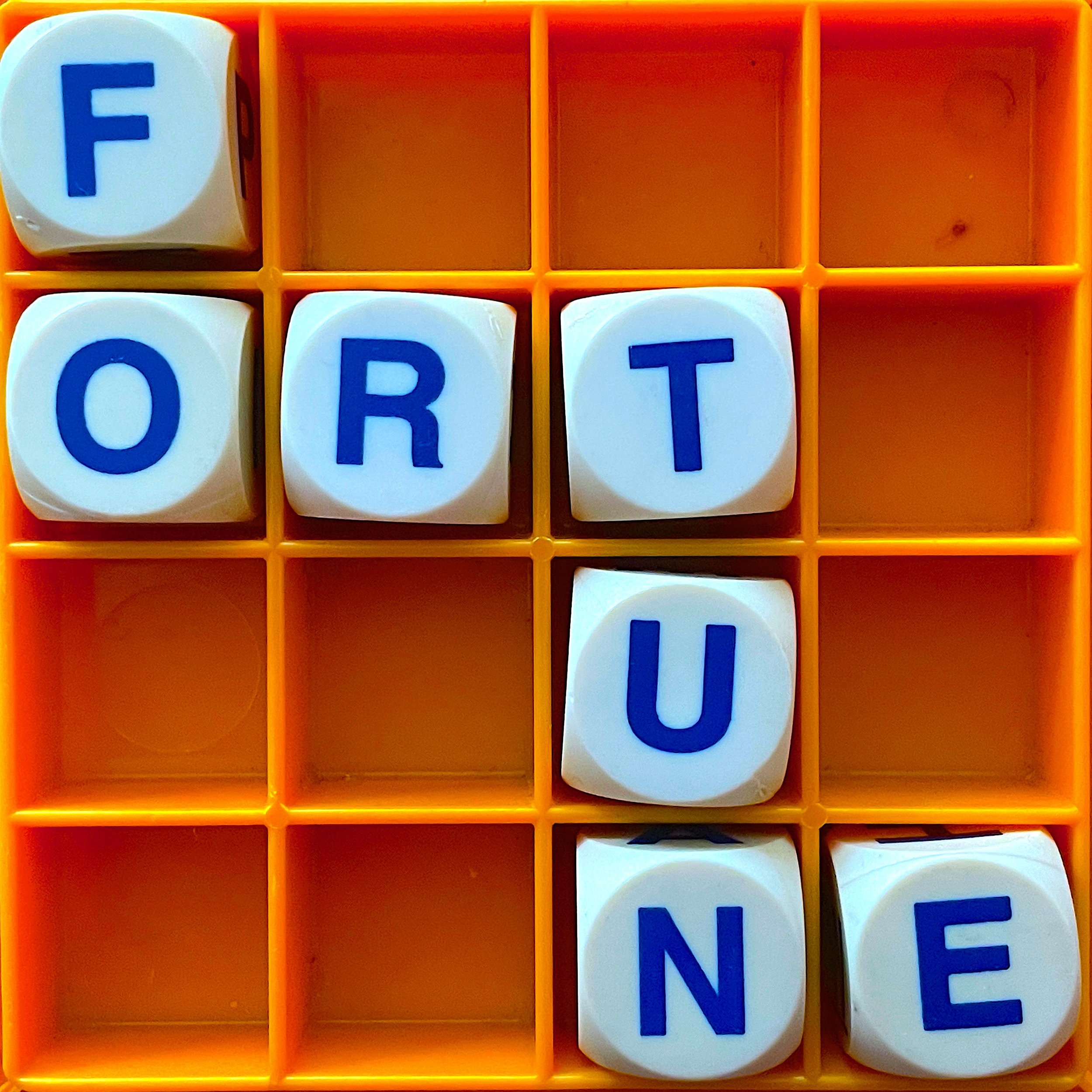I went to the 2024 Scripps National Spelling Bee, to marvel at kids spelling words I had mostly never even heard of. But when you’re at Bee Week, the competitive spelling is merely the tip of the icebee.
Read morePride playlist
Hello! Here’s a playlist of episodes of the show that are good to listen to for Pride month, but also at any time, because they are some of the most interesting and complex language matters that I’ve covered in the show:
Many Ways At Once. The Scots language didn’t have much of an LGBTQ+ lexicon. So writer and performer Dr Harry Josephine Giles decided to create one.
Polari was a secret language that was used mostly by gay men in London. And now lives on in the non-secret lexicon - you might not realise that you know some Polari words!
Two Or More is about the bumpy life of the word ‘bisexual’, describing things from oysters to space stations to God to hats and then people, where things get really complicated.
Parents is about how some of the vocabulary of pregnancy and parenting might not fit when you’re trans, and how to make the language gender-additive.
Rainbow Washing examines the trends in corporate performative allyship, and considers how to sort the real queer support from the harm-disguise.
Similarly, Queerbaiting follows a term from entrapment to marketing to the failures of onscreen representation.
Name Changers features listeners telling the stories of why they changed their names - often a big feature of a gender journey.
There’s so much more to say about the word Queer, where it has been and where it is going now.
Survival: Bequest is about the Māori word ‘takatapui’, a bit of linguistic evidence that prior to the European colonisation that imposed cisgender monogamous heterosexuality, Māori culture had included myriad sexual orientations, gender fluidity and polyamory.
Survival: Today Tomorrow part 2 is about how new queer words are coined for the Icelandic language.
No Title is about making language gender-free. And there are unbeatable arguments to fell anyone who denies singular ‘they’, should you need those in your arsenal.
Joins is about how the available vocabulary for body parts can be a liability when you’re trans and/or non binary.
Aro Ace is about how newish words like ‘aromantic’ and ‘asexual’ enable people to voice their identities, and to find each other.
Pride, about why the word ‘Pride’ was chosen to be the banner word for demonstrations and celebrations of LGBTQIA rights and culture.
And if you just need to shut off your internal monologue for a bit, you can replace it with a relaxingly scored list of gay animals.
Allusionist 195. Word Play 5: 100 Pages of Solvitude
Cain's Jawbone, a murder mystery cryptic puzzle novella in the form of 100 pages presented in the wrong order, has many millions of possible solutions but only one that is correct. 86 years after it was published, writer, comedian and crossword constructor John Finnemore solved it. And then, craving another 100-page cryptic puzzle murder story, he wrote his own.
Read moreAllusionist 194. Word Play part 4: Good Grids
Exciting things have been happening with crossword puzzles in the US: more constructors, more outlets to get puzzles published, clues and answers that would never have appeared even a few years ago, and puzzle packs raising a whole lot of money for charities and humanitarian causes.
Read moreAllusionist 193. Word Play 3: Lemon Demon
AJ Jacobs makes The Puzzler podcast, wrote The Puzzler book, and sometimes turns his whole life into a puzzle. He comes bearing word games, explanations of anagrams being used to precipitate wars and were key evidence in trials, tips for writing with a quill, below-the-knee insults, and tales of living constitutionally.
Read moreAllusionist 192: Word Play part 2
This episode, and the next couple of episodes, are about word games! Today, Joshua Blackburn recounts how his sons' uninspiring English homework led to him inventing the language quiz game League of the Lexicon; and Kathryn Hymes and Hakan Seyalıoğlu of Thorny Games explain how they make topics like language loss and deciphering alien language into creative play.
Read moreAllusionist 191. Hypochondria
The word 'hypochondria' has travelled from meaning physical ailments in a particular region of your body, to ones that are only in your mind. It has been in fashion, and thoroughly out; it has been subject to a range of treatments; it has been lucrative for quacks; and it's a very understandable form of anxiety - which I have, and so does Caroline Crampton, author of the new book A Body Made of Glass: A History of Hypochondria.
Read moreAllusionist 190: Craters
"It's quite a big undertaking going through every named feature in the whole solar system and trying to find out who that person was."
When PhD student Annie Lennox discovered a crater on Mercury, she got the chance to name it. Which sent her on a bigger space mission.
Tranquillusionist: Person In Scene
This is the Tranquillusionist, in which I, Helen Zaltzman, soothe your brain by saying a load of words that don’t really mean very much, to give you an emotional break by temporarily supplanting your interior monologue with something you can benignly ignore. This isn’t like the usual episodes of the Allusionist, there’ll be no learning, no journey, you don’t have to feel or think anything. And you’ll find previous editions of the Tranquillusionist at theallusionist.org/tranquillusionist, featuring champion dogs, gay animals, punchlines with no setups and more.
Today’s theme was requested by Lachlan, so long ago that Lachlan will have perhaps forgotten, but at some point in the past they wanted a Tranquillusionist featuring the characters from films that don't have names - so in the credits they’re listed as "man in shop", "lady with pram", "angry customer 2".
Read moreAllusionist 189. Mouthful of Fortune
At Lunar New Year, certain foods are particularly lucky to eat. Why? Because in Chinese, their names are puns on fortunate things. Damn, maybe noodles are all it takes to get me into puns after all... Professor Miranda Brown, cultural historian of China specialising in food and drink, explains the wordplay foods of new year, and why names are so resonant in Chinese.
Read more








